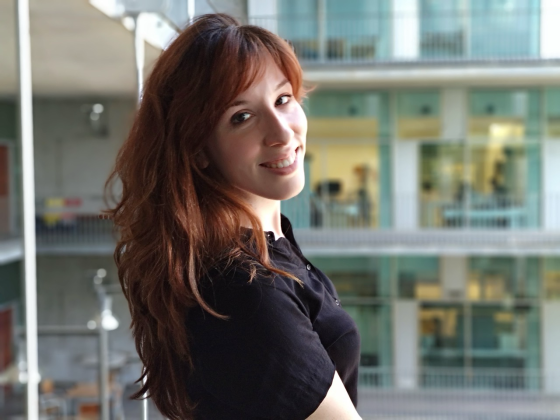Núria Ros i Rocher, Institut Pasteur, Brunet Lab
Wednesday, February 7th 2024
11:30 AM at Institut Curie, Paris – BDD Amphitheatre
« An unusual mixed mode of multicellularity is impacted by salinity in a close unicellular relative of animals »
How animal multicellularity evolved from unicellular ancestors remains an open evolutionary question. Multicellularity in animal cells and in other more distant unicellular species exhibiting facultative multicellularity can be impacted by environmental cues. However, little is known about how signals from the environment regulated unicellular-to-multicellular transitions in early animal ancestors, which in turn could have impacted the mechanisms of integration of such signals along the evolution of multicellularity in animals. In the last decades, considerable advances to reconstruct early animal evolution have come from investigations of the closest living unicellular relatives of animals, notably the choanoflagellates. Here, we are investigating the environmental factors regulating colony formation in the recently discovered choanoflagellate Choanoeca flexa. C. flexa was originally isolated as multicellular colonies from marine splash pools that naturally undergo cycles of evaporation and refilling. C. flexa also exists as swimmer single cells that can adhere to each by cellular aggregation forming multicellular colonies. Here, we found that multicellularity in C. flexa is formed through cellular aggregation, which can be also expanded by clonal cell division within colonies. We also found that salinity impacts C. flexa multicellularity and we are currently characterizing its aggregative behavior, unique among choanoflagellates.
Invited by
Alessandro Donada, Institut Curie (UMR168)
Contact: alessandro.donada [at] curie.fr (alessandro[dot]donada[at]curie[dot]fr)


